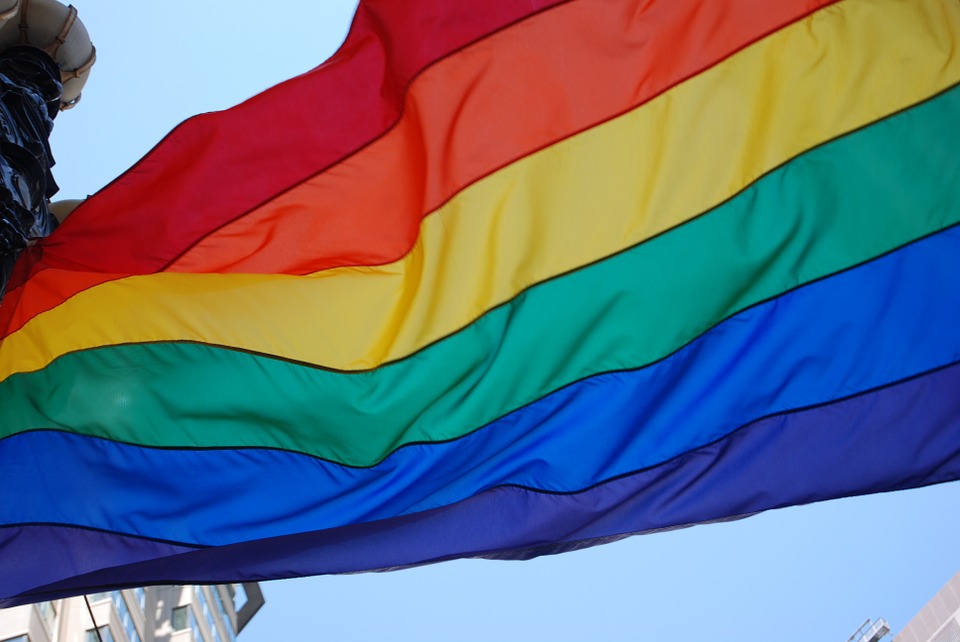“Cyber bullied on WhatsApp and Facebook.”
“I have been blackmailed, beaten and forced to give out money after meeting a guy on a dating App.”
“Being rejected in college because of my intersex condition.”
“Our landlord forced us out of the house; he called on people to evict and remove our stuff from his house.”
“I worked in a Government office and my colleagues were talking behind my back about my sexuality and working became difficulty. I had to quit.”
Concerns of this nature emerge everyday in the life of an LGBTI person. Hivos East Africa through its Strong in Diversity (SiD) seeks to make a difference in the space of sexual rights and diversity.
With the knowledge that LGBTI activists work in complex environments, often with risks and threats; Hivos East Africa, organized a residential training on 13-14 October 2018 for new and emerging LGBTI activists from Kenya.
The meeting convened 11 representatives drawn from LGBTI organizations, who were trained on digital, physical and online security as as ways to mitigate risks, promote well-being and ensure their own safety.
In addition, the participants got information not only about issues directly related to their work, but also about the role of key actors and stakeholders in the environment they live in. This is important as it maps out the different actors who may have an impact on their work.
SiD project aims to ensure that LGBTI persons are able to live and work within safe communities without the fear of persecution, intimidation in order to enjoy their human rights
Hivos East Africa has been supporting the work of LGBTI organisations for several years and more recently responded to improving the safety and security of LGBTI persons at risk.
Given the nature, extent and on-going occurrence of safety and security threats to LGBTI individuals and organisations, Hivos saw the need to develop a more coherent and sustainable strategy.
Hivos East Africa has taken up the issue of LGBTI safety and security as a critical factor to be addressed alongside organisational work which puts activists in the public eye and often contributing to their vulnerability. One such project is the Utunzi platform. Utunzi, meaning ‘care’ in Kiswahili, is a platform that allows individuals and organizations to report and document violations against lesbian, gay, bisexual, transgender persons, intersex and queer (LGBTI+) individuals, respond to emergency security situations, track violations and share information. The platform is hosted by NYARWEK, one of the SiD partners.
Futhermore, SiD seeks to support projects and programmes that aim to prevent, respond to and mitigate issues of violence targeted at LGBTI people. Safety and security training are inadequate if not supported through implementation of a robust safety monitoring and reporting measures. SiD will continue to support the Utunzi platform for the next few years as a sustainable safety measure for persons at risk.
Notably, those trained on safety and security measure require continuous support to apply skills in their work and be actively involved in emergency safety networks in order to enhance their security responses.
With the training, activists gained knowledge of the essential framework for security analysis and planning as well as the support mechanisms available at the regional and international level for human rights defenders to support their work. They also learnt of security management in digital gadgets and spaces such as phones, computers, email, websites and social media.
The training enhanced the activists’ capacity to prevent threats and be in charge of their own security as well as help other colleagues, partners and communities that they work with to do the same.
Apart from theory, participants were taken through simulated threats and shown how better to be equipped in response mechanisms.
SiD hopes that this will go a long way in improving their capacities to be more safety conscious, communicate better, plan better during their work and also respond better when faced with threats and challenges to their safety and security.




